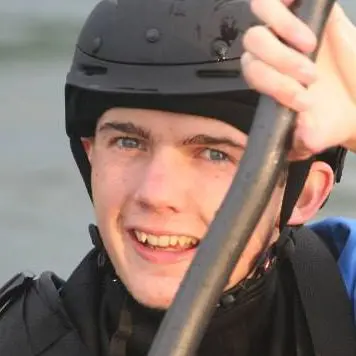2 March 2015
Today marked the last official day of science here in the Ross Sea. The ship has now been turned north and the 8 day steam back to Wellington has begun.
Since we left Terra Nova Bay a week ago we have been faced with some very challenging working conditions – reminding us that we are in the Southern Ocean and that the perfect weather we experienced earlier in the voyage was not to be taken for granted. Complete whiteouts, snow storms, and rough seas made visual sightings work next to impossible, so tracking the blue whales was off the cards. We do still have the ability to listen to the whales in these conditions using sonobuoys, which were originally built by the military to find enemy submarines. We have been hearing several groups of blues whales, fin whales, humpbacks and occasionally orca.
When we eventually had a clearing in the weather and tracked down the blue whales but we were slowed down by large amounts of sea ice and icebergs. The whales can just swim under these, but we unfortunately have to take the long way around!
We have also been doing some midwater trawls. In one we pulled up about 75 kg of krill, and in others we have had jellyfish, lanternfish and silverfish. This morning we collected three biopsy samples from humpback whales before starting our big trip home. The biopsies are important as they can tell us what the whale has been feeding on, as well as age, sex, and which whale population the individual is related to.
It is sad to be leaving this truly amazing area. It feels like only yesterday we arrived, and I have only seen and experienced a tiny segment of what there is on offer down here. But what I have experienced of this pristine environment will be with me forever. I have witnessed some of the most remote and breath-taking places in the world. Places that only a tiny number of people have seen before me. While you are here it is hard to see Antarctica as vulnerable, but the truth is that it is a very sensitive environment. Climate change, pollution, and illegal fishing are all having effects on the southern continent. For it to remain pristine, and the amazing wildlife hotspot that it is, it does need to be looked after, so that it will always be here for many more generations to enjoy.
Over the next eight days we won’t just be sitting back and enjoying the cruise. There is still underway sampling to be done, as well as the big clean up!

Zac Penman
BLAKE NIWA Ambassador 2014


